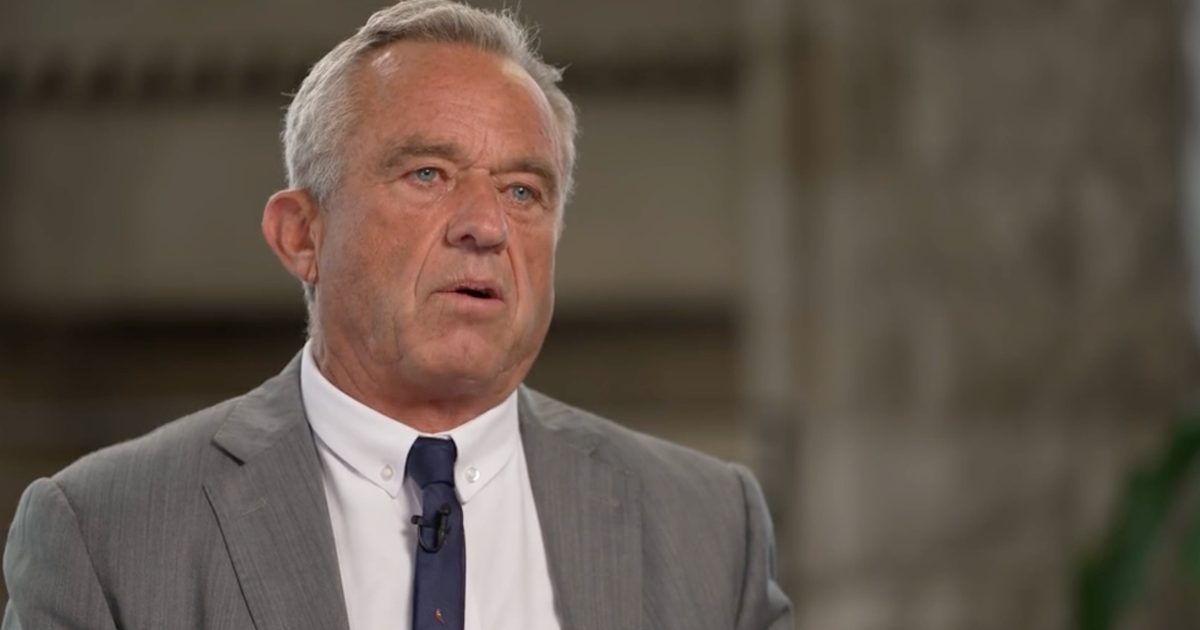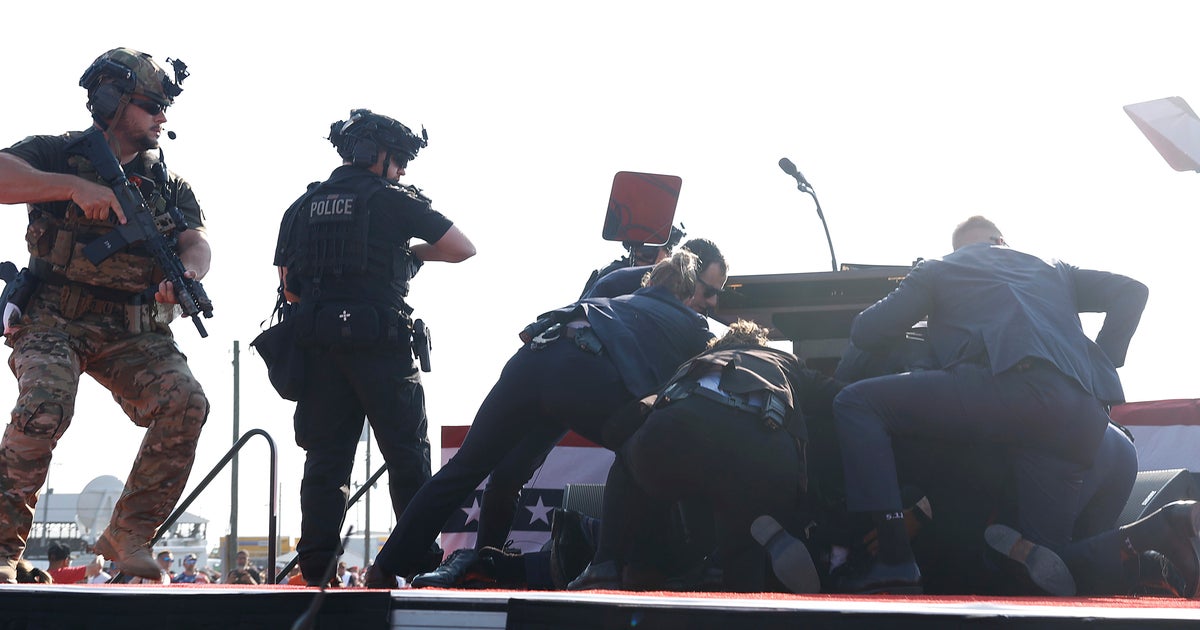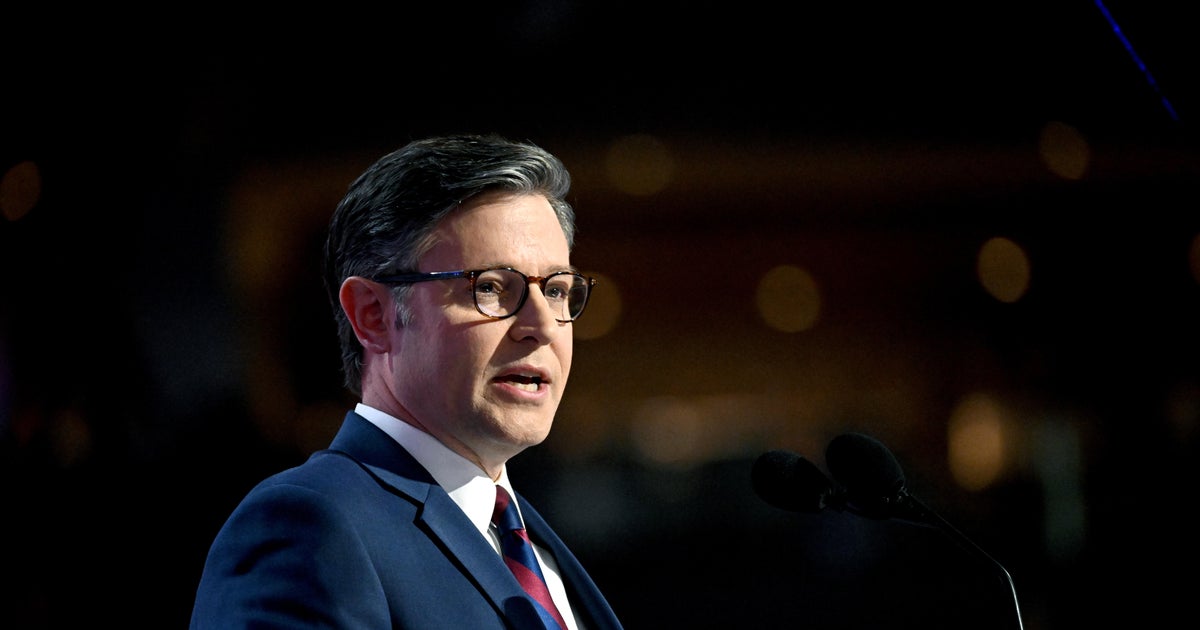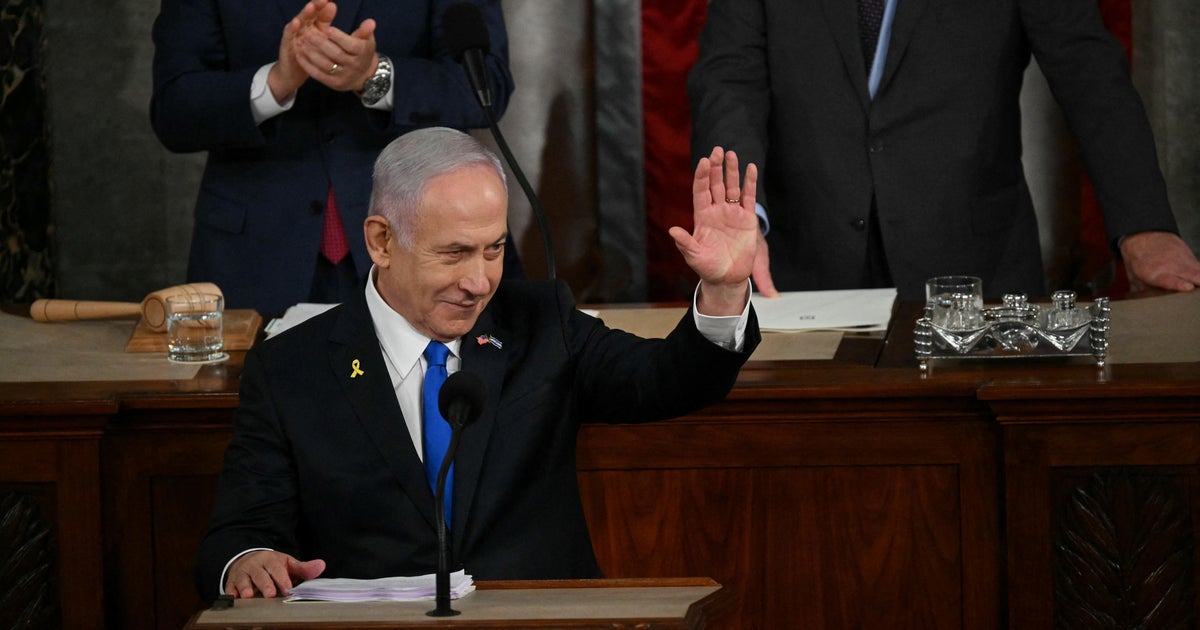Oscar-nominated film's director can't attend amid Trump immigration ban, group's leader says
The director of an Oscar-nominated film can’t attend next month’s Academy Awards after President Trump banned entry to the U.S. from seven Muslim majority nations for 90 days, according to the leader of an Iranian-American group in Washington.
Trita Parsi, president of the National Iranian American Council, said on Twitter early Saturday that Iranian director Asghar Farhadi “won’t be let into” the U.S. to attend the Feb. 26 ceremony.
The ban also appeared to have an effect on American companies. Late Friday, Google CEO Sundar Pichai said in an internal email that at least 187 Google employees were affected by the ban, according to The Wall Street Journal.
“We’re upset about the impact of this order and any proposals that could impose restrictions on Googlers and their families, or that could create barriers to bringing great talent to the US,” Pichai said, according to the newspaper. “It’s painful to see the personal cost of this executive order on our colleagues.”
Farhadi’s “The Salesman” was nominated for best foreign film. His much-admired “A Separation” won the category in 2012. “The Salesman” is a psychological thriller about a young couple in Tehran involved in a production of Arthur Miller’s “Death of a Salesman.” They move into a new apartment, where a violent act connected to a former tenant changes their lives.
Before Mr. Trump enacted the ban late Friday, Iranian actress Taraneh Alidoosti, who stars in “The Salesman,” said she would boycott the Academy Awards to protest Mr. Trump’s immigration policies.
“Trump’s visa ban for Iranians is racist,” she posted on Twitter Thursday amid reports about the ban.
The order Friday immediately suspended a program that last year resettled in the U.S. roughly 85,000 people displaced by war, political oppression, hunger and religious prejudice. Mr. Trump indefinitely blocked those fleeing Syria, where a civil war has raged, and imposed a 90-day ban on entry to the U.S. from seven Muslim majority nations.
“We want to ensure that we are not admitting into our country the very threats our soldiers are fighting overseas,” Mr. Trump said as he signed the order at the Pentagon. “We only want to admit those into our country who will support our country and love deeply our people.”
Mr. Trump said the halt in the refugee program was necessary to give agencies time to develop a stricter screening system. While the order did not spell out what additional steps he wants the departments of Homeland Security and State to take, the president directed officials to review the refugee application and approval process and find any more measures that could prevent those who pose a threat from using the refugee program.
The U.S. may admit refugees on a case-by-case basis during the freeze, and the government will continue to process requests from people claiming religious persecution, “provided that the religion of the individual is a minority religion in the individual’s country.”
In an interview with CBN News, Mr. Trump said persecuted Christians would be given priority in applying for refugee status.
“We are going to help them,” Mr. Trump said. “They’ve been horribly treated.”
The order was signed on Mr. Trump’s most robust day of national security and foreign policy at the start of his presidency. He met with British Prime Minister Theresa May and had a lengthy phone call with Mexican President Enrique Pena Nieto.
As a candidate, Mr. Trump called for a temporary ban on all Muslim immigration to the U.S. He later shifted his focus to putting in place “extreme vetting” procedures to screen people coming to the U.S. from countries with terrorism ties.
The State Department said the three-month ban in the directive applied to Iraq, Syria, Iran, Sudan, Libya, Somalia and Yemen - all Muslim-majority nations.
The Council on American-Islamic Relations said it would challenge the constitutionality of the executive order.
“There is no evidence that refugees - the most thoroughly vetted of all people entering our nation - are a threat to national security,” Lena F. Masri, the group’s national litigation director. “This is an order that is based on bigotry, not reality.”
During the past budget year, the U.S. accepted 84,995 refugees, including 12,587 people from Syria. President Obama had set the refugee limit for this budget year at 110,000.
According to Mr. Trump’s executive order, he plans to cut that to 50,000. Refugee processing was suspended in the immediate aftermath of the Sept. 11 attacks and restarted months later.
The president was applauded by House Speaker Paul Ryan, who said it was “time to re-evaluate and strengthen the visa-vetting process.”
But many Democrats cast the measures as un-American.
“Tears are running down the cheeks of the Statue of Liberty tonight as a grand tradition of America, welcoming immigrants, that has existed since America was founded has been stomped upon,” said Senate Democratic leader Chuck Schumer of New York.
Mr. Trump’s order was signed on Holocaust Remembrance Day, which brought to mind the global effort to help refugees during World War II and its aftermath.




